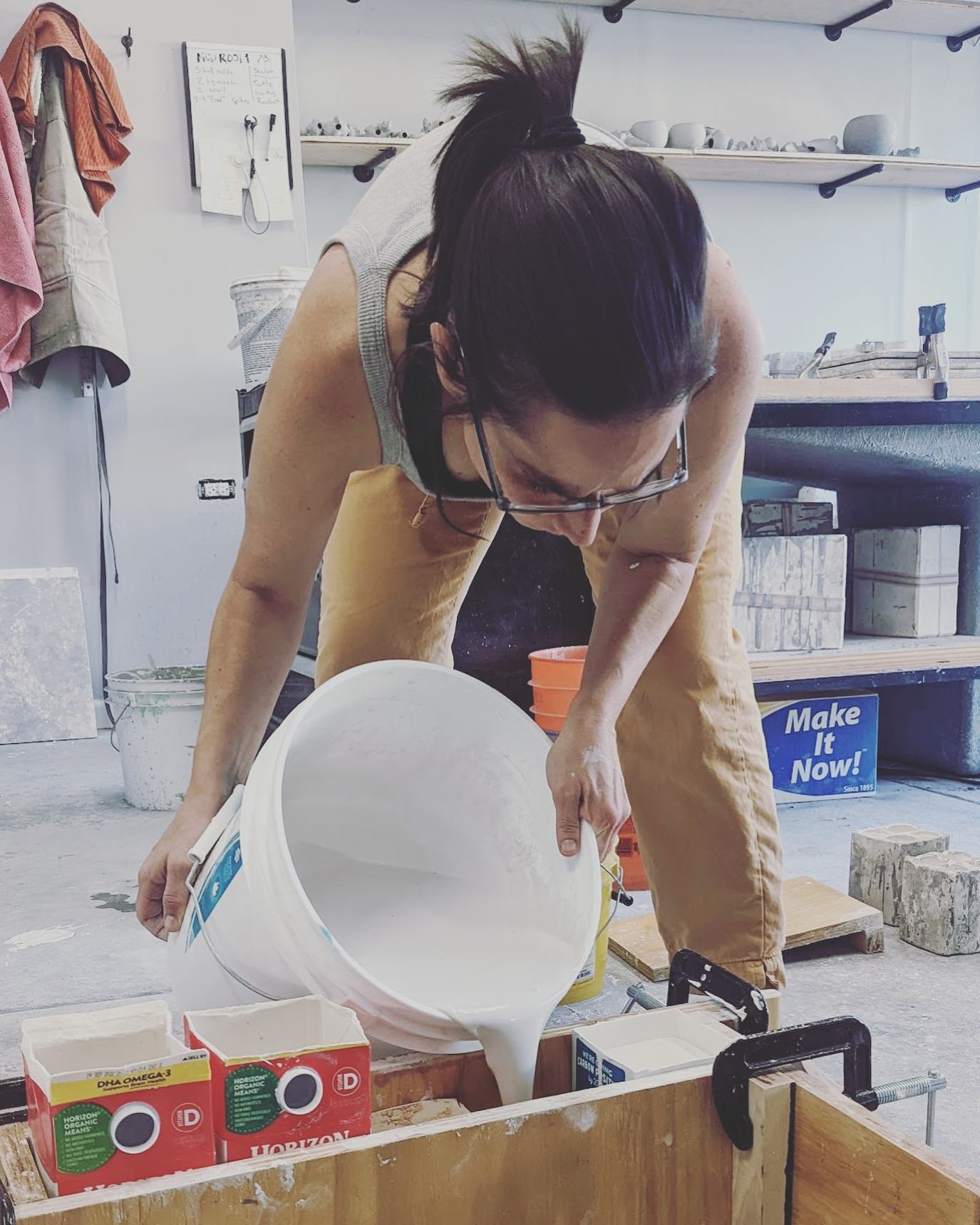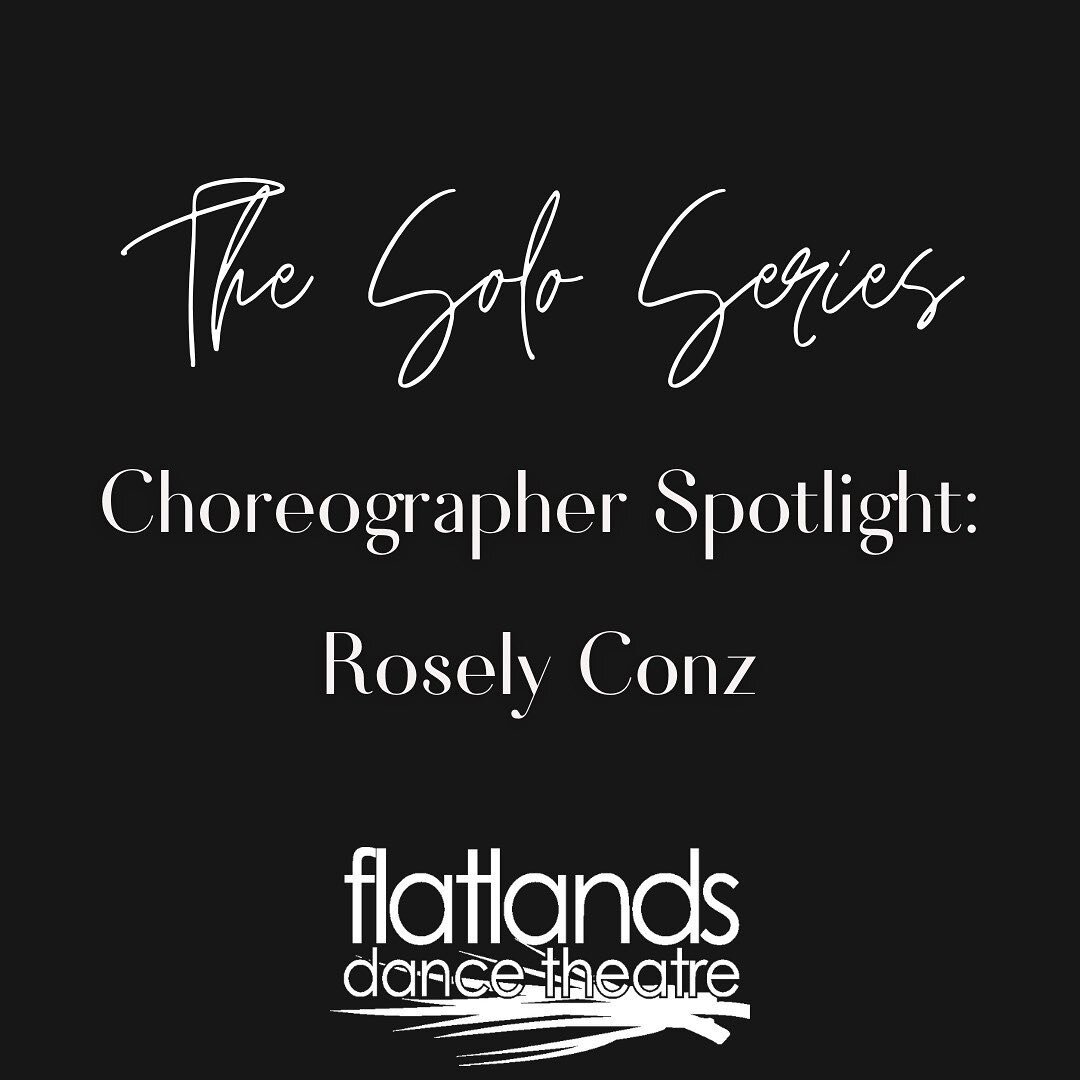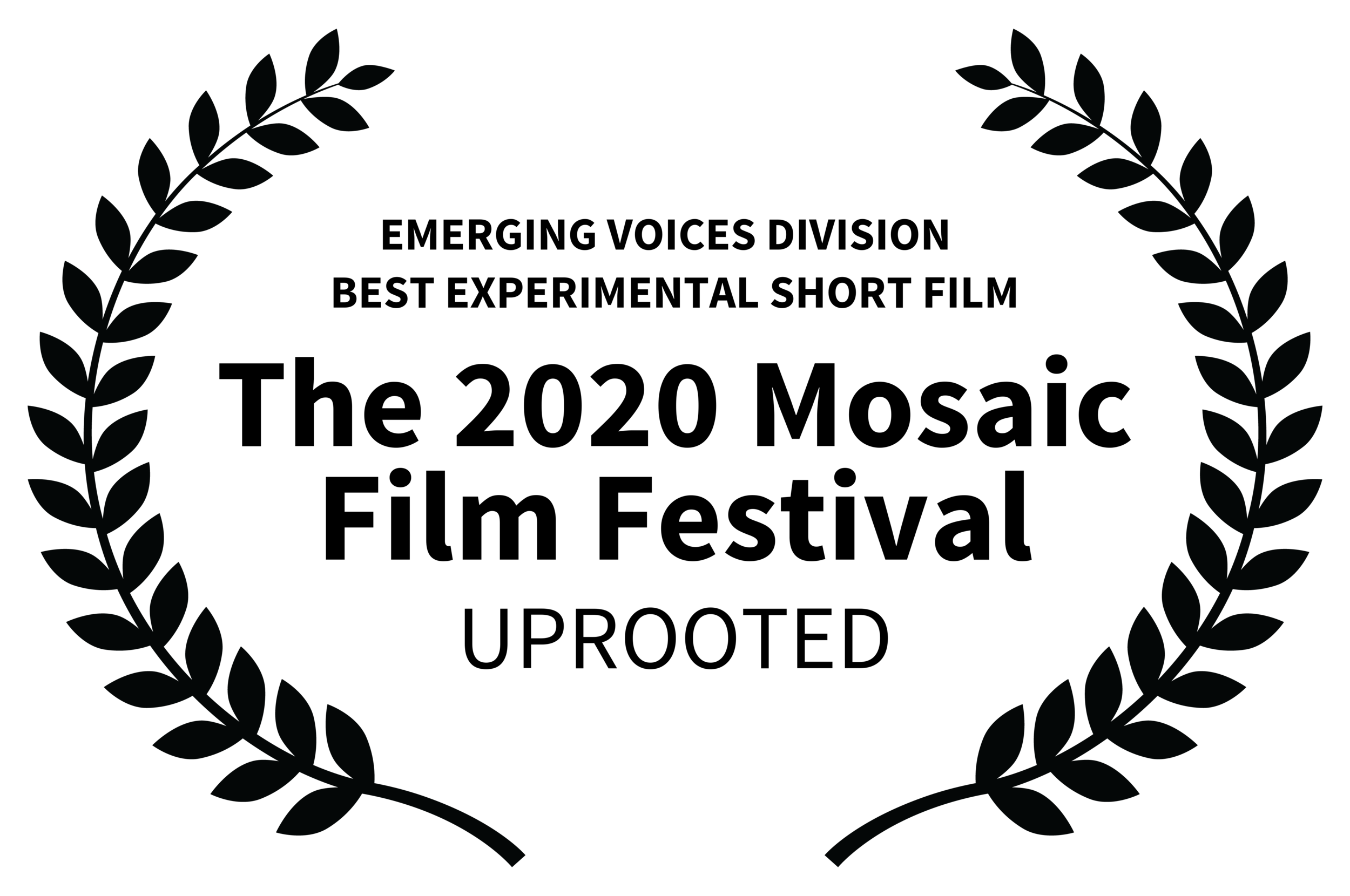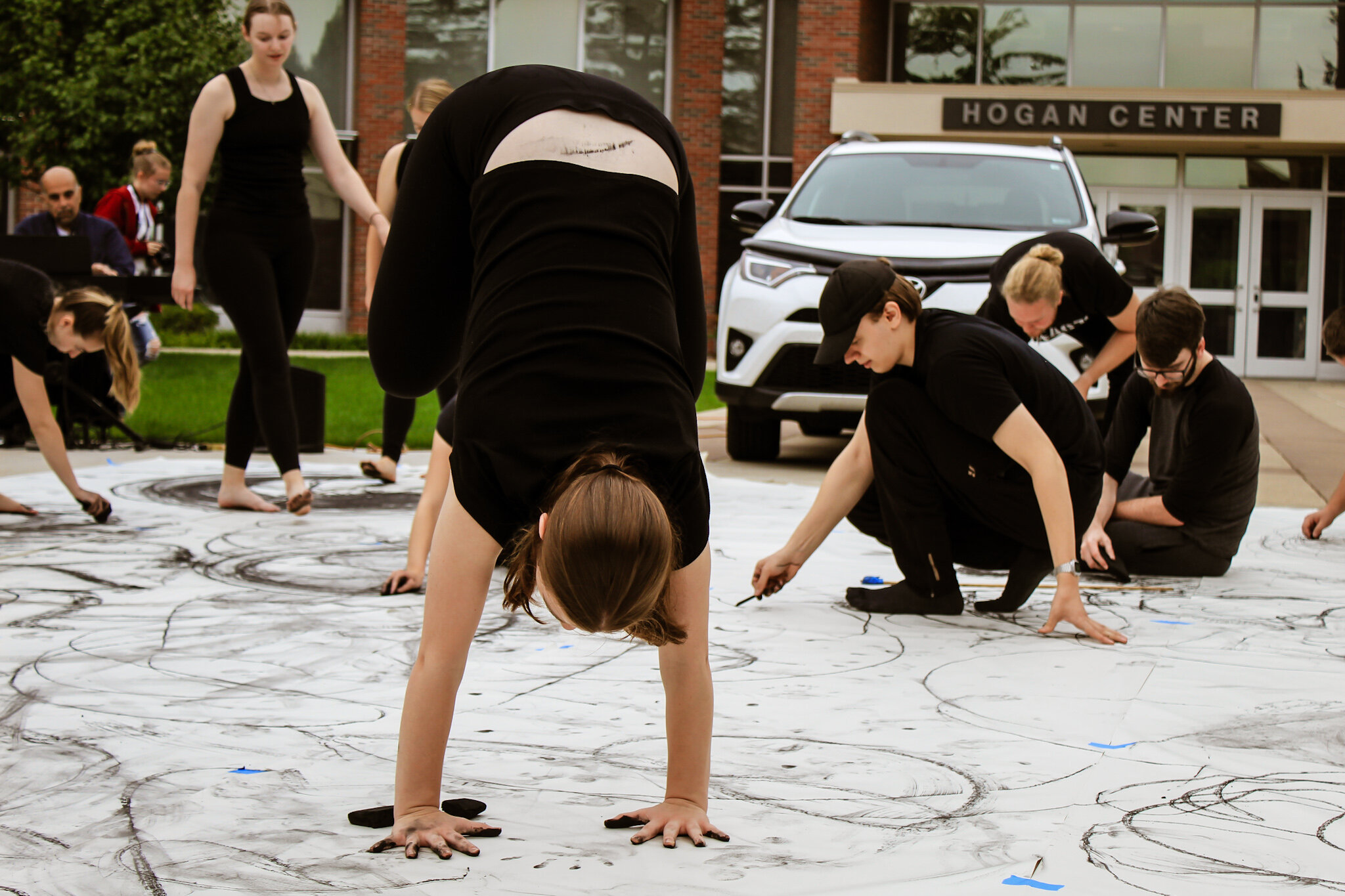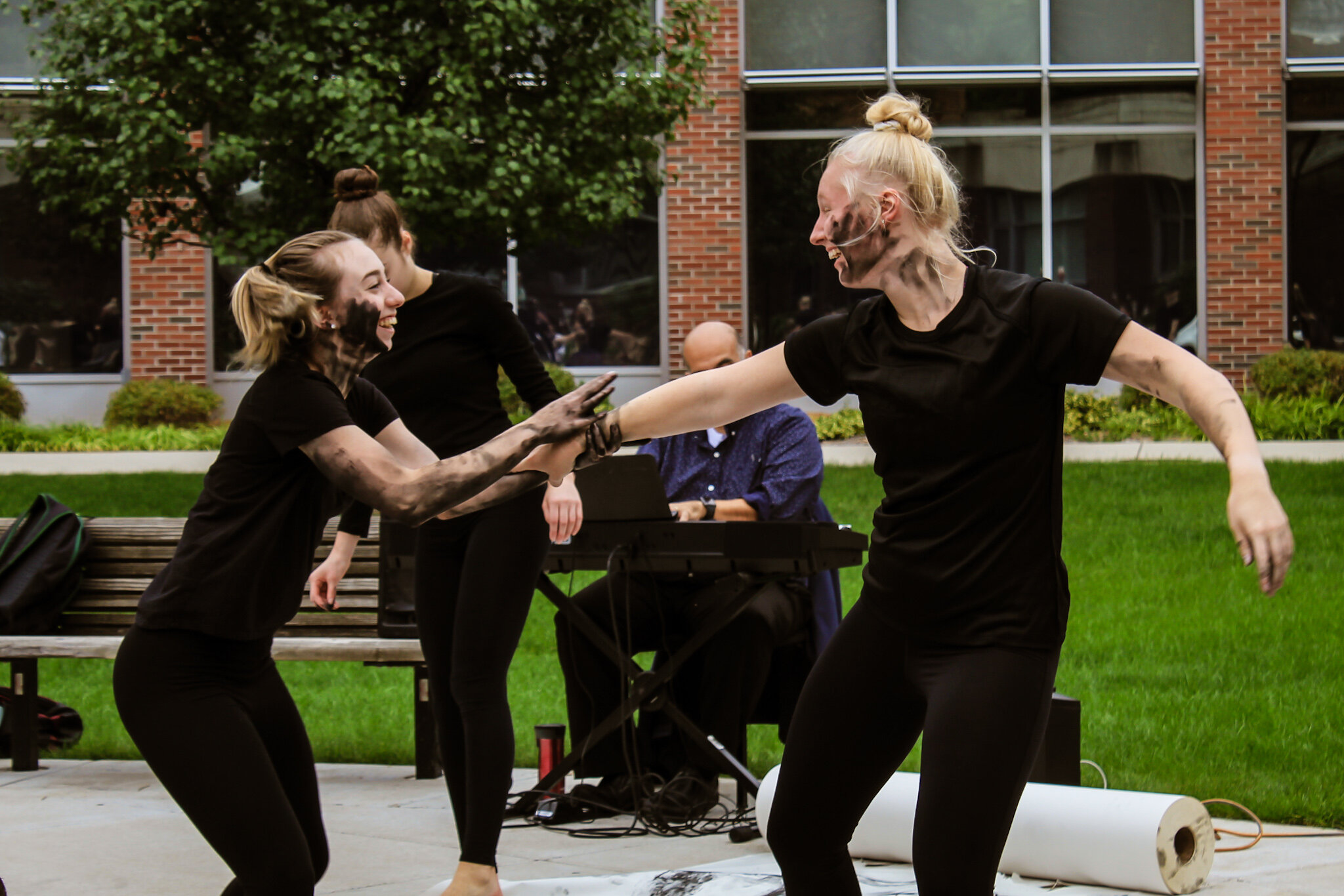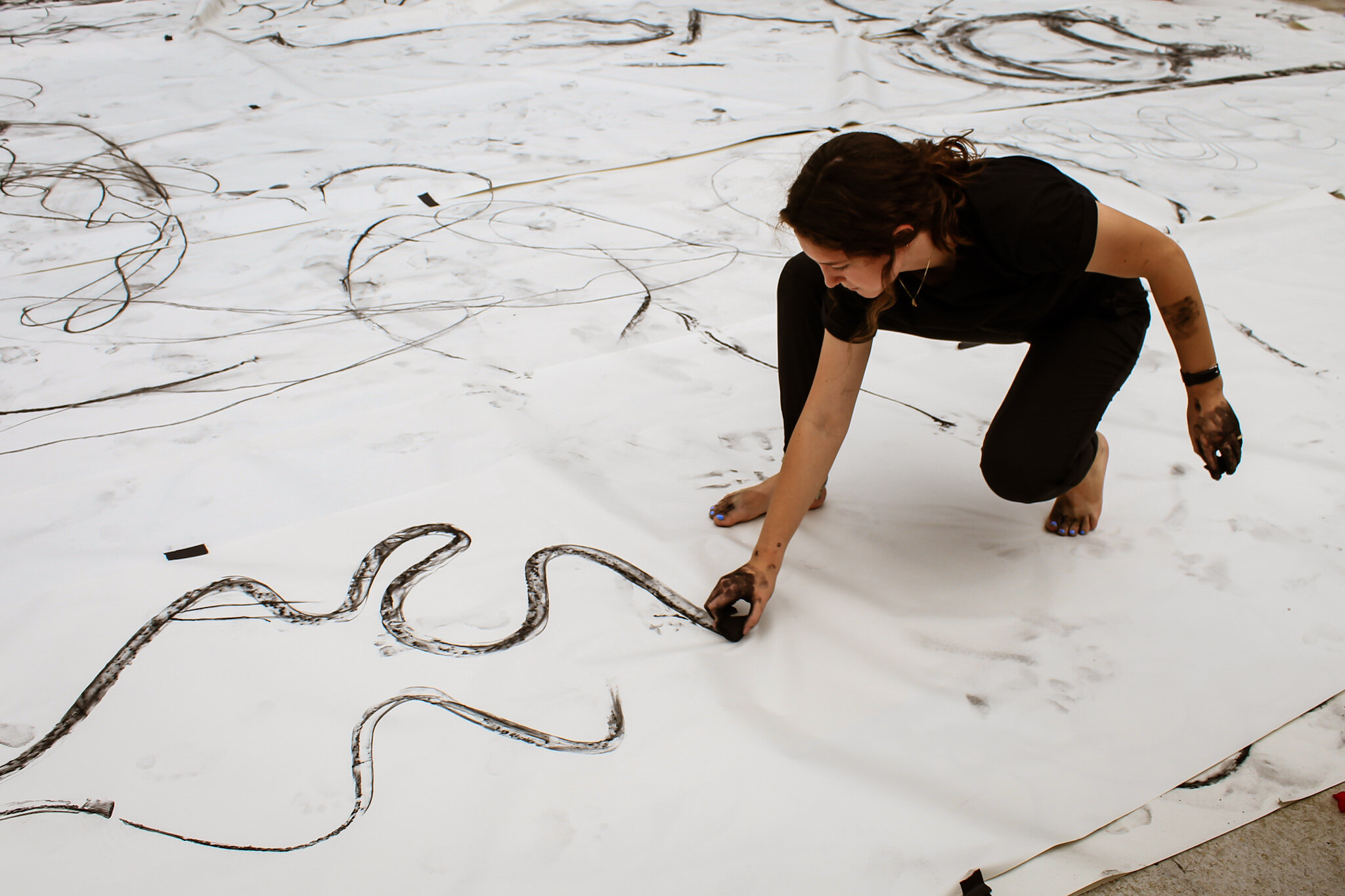With theaters closed, dancing for a camera became an alternative to choreographers and dance companies. Screendance is now more popular than ever.
(Original article: Alma College Newsroom)
We don’t need to go in too deep about the many sad ways the pandemic impacted the arts community. You already know about movie theaters closing, live performances being canceled, and artists broadcasting their work online. This might not be “the new normal” forever, but it’s what we’re living through right now — and could be for a long time.
On the positive side, art and media have flourished in new ways during the pandemic. With so much of our time spent in our homes — and with so many people using their computer webcams and smartphones — more people than ever are dancing for the camera. Maybe you yourself have tried to produce a dance video for TikTok!
If so, you should check out an art form that is growing in popularity across the world, screendance. It’s like a deeper version of TikTok videos — an art form that combines dance with performance, visual arts, cinema and media arts to produce something truly provocative, interesting and beautiful. Some colleges and universities offer courses where you can make your own screendances; Alma College, in Michigan, is one of them.
Rosely Conz is a dancer from Brazil, choreographer and dance teacher, who also serves as an assistant professor in the theatre and dance department at Alma. We asked Rosely to share a few things she tells her students about screendance. Here’s what she said.
You’ve probably seen screendances before
Maybe you haven’t heard of screendance, but it’s actually been around for quite a long time. On the first day of her screendance class, Rosely likes to show her students a black and white film by filmmaker Maya Deren and dancer Talley Beatty, which was made all the way back in 1945. They utilize some techniques that were innovative and experimental for the time, like a slow-motion jump. Pretty cool!
These days, screendance lives on through music vídeos, like this one by Sia, commercials, like this one for Under Armour, and other forms of media.
Screendance is for people who love dancing …
Screendance will get you thinking about choreography and dance in ways you never have before. Depending on what you’re trying to say with your screendance, you can move fast or slow, with high energy or low. You can move with strength or fluidity, forward or backwards, in-place or all over your room. Think of your body like pieces in a puzzle, Rosely said — screendance is how you make it all fit together.
… as well as other forms of media!
Like we said earlier, screendance isn’t just about moving your body — it’s integrative with film and media arts. Screendance will make you think about the placement of your camera in ways like, “Is it above my subject’s head, or at their feet?” It will push you to consider the site where you’re filming, like, “How can my subject use the blue paint on that wall to tell a story?”
It will also get you to consider lighting. Rosely herself created a screendance, “Still Here,” at the start of the COVID-19 pandemic that made use of something called a “ghost light” — an electric light that is left energized on the stage of a theatre when the theatre is unoccupied and would otherwise be completely dark. What she was trying to say, symbolically, was that while live shows may not be happening right now, they will return eventually.
Screendance is not exclusive
It may be true that screendance is like a “deeper” version of TikTok videos, but it’s definitely not exclusive or high-brow. Screendance doesn’t turn its back on social media, Rosely says — it embraces social media. Borrowing a phrase from Karl Marx, Rosely says, dancers own the “means of production” like never before, and that translates into some really cool art. As technology has improved through the years, social media users have (perhaps unconsciously) been able to incorporate elements of screendance, like moving the camera around, into their own videos.
What screendance hopes to do — and what we hope you will do — is expand on what you already know, to continue making better and more interesting art!
Do you want to learn more? Read about the Alma College Dance program or contact Rosely at (989) 463-7141 or conzr@alma.edu.


